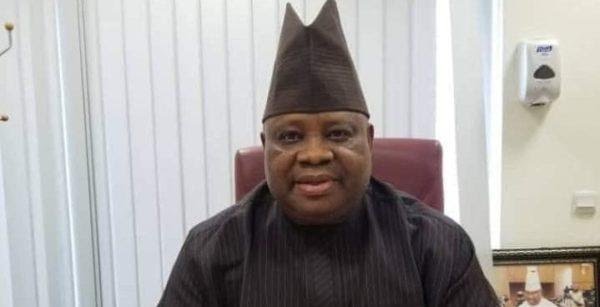Parents Contribute To Cultism, Hooliganism Among Secondary School Students – S.Commentator
A social commentator, Dr. Adeoye Oyewole has attributed the rate of cultistm and hooliganism practice by secondary school students to the failure of the parents to take up their responsibility in the society.
Dr Oyewole who identified deficiency of parental care as one of the major factors that contributes to that illicit act stated this while featuring on a radio program in Osogbo on Saturday.
He stated that, “we are in civil society where parents and children leave home at the same time in the morning and meet again at the night when they have no time to cross check the activities of the children anymore.”
“Some these students didn’t attend school, they wear uniform from home and go to some places where they drink alcohol, smoke India hemps, marijuana without intervention from other member of the society.”
He said ” The level of poverty as affected a lot of things as some parents can not even understand their roles on a child because of the economic situation of the state and in Nigeria at large.”
The consultant psychiatrist charged government to re-introduce the department of counselling in all public schools in the state of Osun and to allow successful people in various fields to visit the public schools to serve as point of encouragement for the students.
The Senior Special Assistant to Governor Rauf Aregbesola, Mr Ahmed Mustafa in his opinion bemoaned the rate of cultism among secondary school students in the State of Osun.
Mustafa who said the teenage period is key to the future of a child urged parents to keep effective monitoring on their children during the period.
He also implored the school authorities to provide platforms like debate and press club programmes where students can be engaged.
The media aide to the governor said government has put in place mechanisms to curb indecency in public schools just as he urged other stakeholders to play their part.










